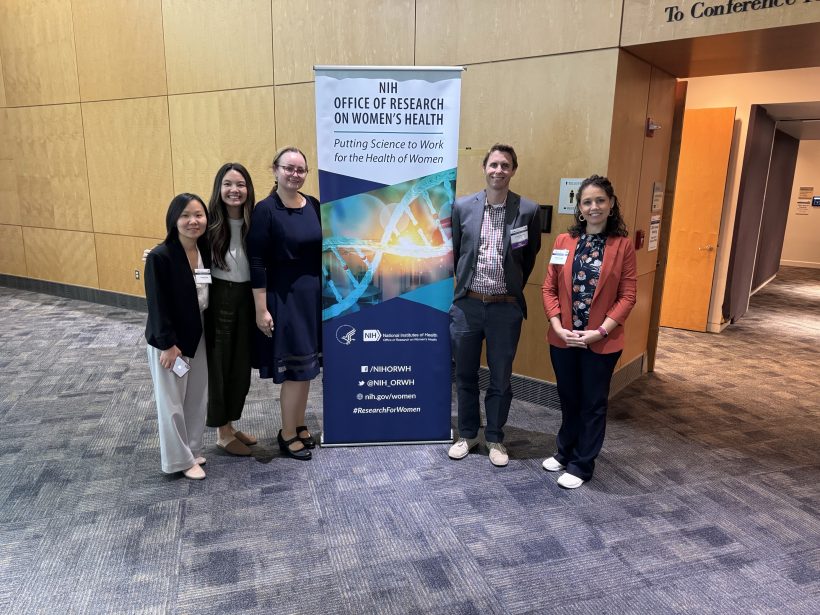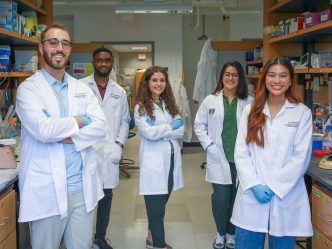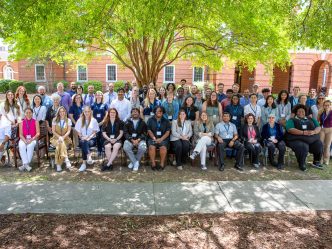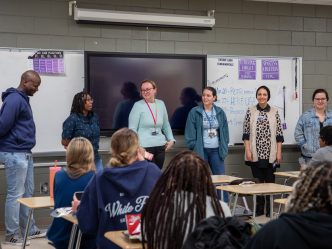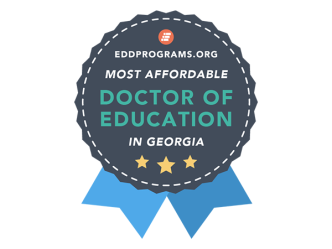The NIH-funded ROAR SCORE program at Augusta University is making strides in advancing cardiovascular health through a unique combination of scientific training and community outreach. At the heart of its mission is fostering a diverse generation of researchers, trained to address cardiovascular disease (CVD) disparities, with an emphasis on women’s health. By creating mentoring opportunities, career development initiatives, and research programs, the ROAR initiative is ensuring that scientists are equipped to incorporate cutting-edge approaches into their research. During its first year, the ROAR initiative has started mobilizing SCORE-funded early-career scientists to engage directly with the communities most affected by CVD. Through partnerships with community organizations, the ROAR Early Career Fellows are leading innovative outreach projects to raise awareness about cardiovascular health. The efforts of the ROAR fellows, Dr. Justine Abais-Battad (AU), Dr. Cam McCarthy (USC) and Dr. Xueying Yang (USC) are laying the groundwork for sustainable community-driven health improvements, demonstrating how scientific research and public engagement can work hand in hand to combat CVD in at-risk populations.
Dr. Abais-Battad is an Assistant Professor in the Department of Physiology at Augusta University, where her research centers on the complex relationship between the gut microbiota, the immune system, and their roles in hypertension and kidney disease. Her work is focused on how these pathways differ between males and females, aiming to uncover key sex-specific differences in disease mechanisms. In her latest project, Dr. Abais-Battad is translating her preclinical findings into human studies. This work could shed light on how the gut plays a role in hypertension, with potential implications for personalized treatment strategies based on sex. For her community-based project, she is partnering with Augusta University’s Department of Fraternity & Sorority Life, collaborating with Alpha Kappa Alpha Sorority and Delta Sigma Theta Sorority to raise awareness about blood pressure and cardiovascular disease. By working with student leaders, she aims to spread critical health knowledge to the broader community. Dr. Abais-Battad is excited about the comprehensive nature of the ROAR SCORE program, which combines research, education, and community engagement. She believes this integrated approach is key to raising awareness and advancing women’s health. To her, recognizing Sex as a Biological Variable (SABV) is not only vital for understanding biological differences but also for promoting equity and representation in both healthcare and research.
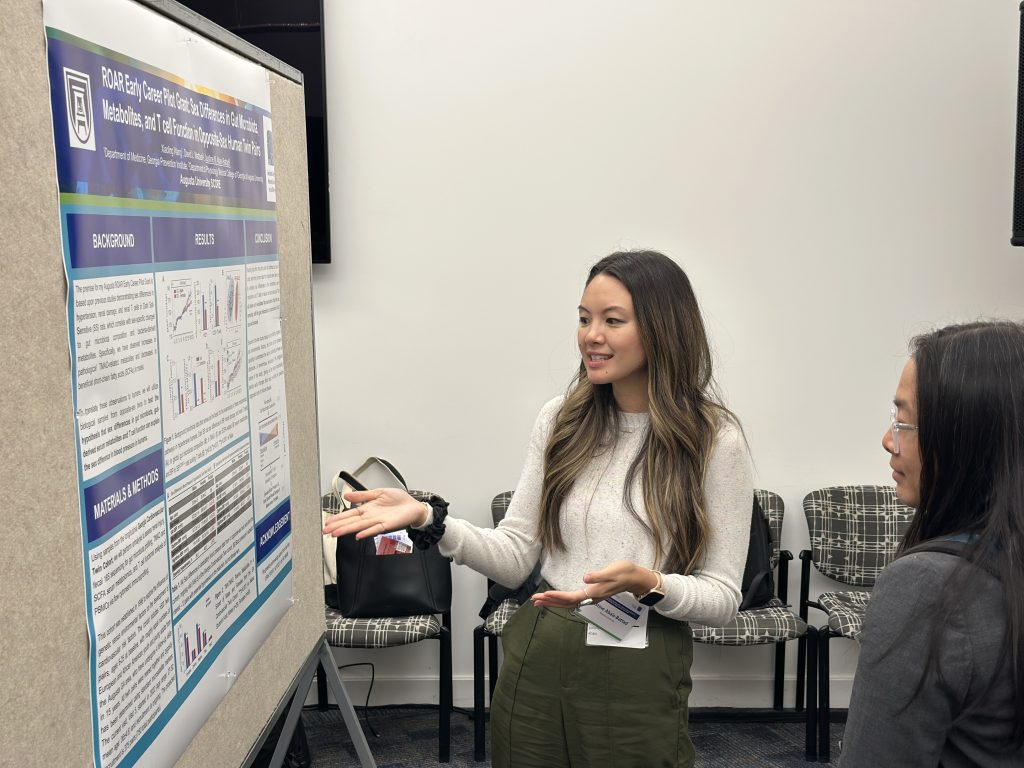
Dr. McCarthy is an Assistant Professor at the Department of Cell Biology and Anatomy at the University of South Carolina. With a background in physical education and exercise science, he transitioned to biomedical sciences, where he has concentrated on vascular physiology and hypertension research. A proud alumnus of the Medical College of Georgia (Augusta University), he aims to uncover the mechanisms behind cardiovascular health. His current project investigates the cellular stress response, which plays a role in hardening of the aorta; he currently seeks to better understand the sex differences he identified in his research, and their implications for broader cardiovascular health. Dr. McCarthy is excited about his outreach project with the ROAR initiative, and he is partnering with the South Carolina Center for Rural and Primary Healthcare to deliver presentations on lifestyle modifications that can prevent and manage cardiovascular diseases. His goal is to offer practical advice for incorporating these changes into busy lives. Dr. McCarthy believes that understanding sex differences at a mechanistic level could lead to the development of sex-specific treatments for hypertension and cardiovascular disease, benefiting both women and men alike.

Dr. Yang is an Assistant Professor at the Arnold School of Public Health at the University of South Carolina, where her research focuses on the physical, psychosocial, and clinical outcomes of HIV and COVID-19. Her latest project, funded by the ROAR SCORE grant, investigates sex differences in cardiovascular disease (CVD) among people living with and without HIV. By utilizing the extensive data from the All of Us initiative, her research will explore the role of HIV-specific factors and inflammatory biomarkers in these sex-related differences. Committed to community engagement, Dr. Yang is partnering with Hope Health, a community-based organization serving individuals with HIV. She plans to participate in Hope Health’s events, which aim to raise cardiovascular disease awareness, particularly among women living with HIV. Excited about the opportunity provided by the ROAR SCORE grant, Dr. Yang sees this project as a chance to expand her research into the intersection of HIV and cardiovascular health. She is particularly eager to network with other CVD researchers, believing this collaboration will enhance her career development. As a female scientist, Dr. Yang is passionate advancing health equity by addressing women’s unique health needs in medical research and treatment.

 Augusta University
Augusta University
